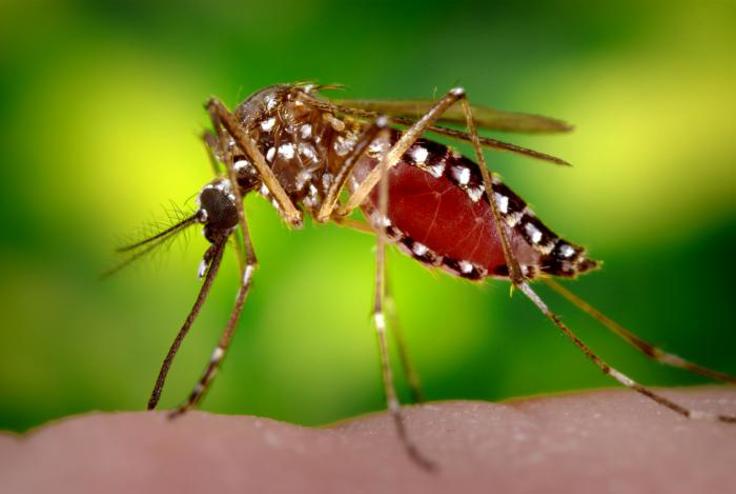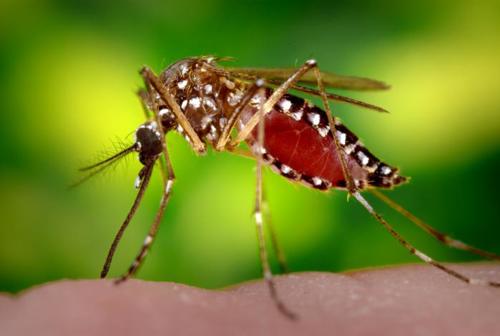Pregnant women advised not to travel to Miami, USA
News
|Published
This content is archived and will not be updated.

The travel advice for Florida, USA is updated after several cases of Zika fever have been detected in a Miami neighbourhood. Pregnant women are now being advised not to travel to Miami city and people who have been to Miami city should take precautions on their return. The Norwegian Institute of Public Health is monitoring the situation closely and will update their travel advice for other areas if the situation changes.
This news article is older than 30 days and the information may be outdated
Go to the home pageFourteen cases of Zika fever have been reported in Miami. Studies have shown that the transmission of the zikavirus have occurred in the Wynwood neighbourhood. US health authorities are now advising pregnant women not to visit this part of Miami.
Due to the uncertainty surrounding the spread of infection in Miami, the Norwegian Institute of Public Health has issued the following advice:
- Pregnant women are advised to avoid travel to Miami city, Florida
- Pregnant women who decide to travel to affected areas should be particularly careful about mosquito protection during their stay.
- Pregnant women who have stayed in this area since 15th June 2016 should be followed up by the health service on their return.
In addition, anyone who has stayed in Miami city since June 15th should take precautions after they return:
- Women who have stayed in the area should wait eight weeks after their return before they conceive.
- Men who have stayed in the area and have a pregnant partner should use condoms or abstain from sexual activity during the entire pregnancy.
- Men who have stayed in the area and have a partner at home who could conceive should use contraception after returning home to avoid pregnancy. Use contraception for eight weeks if the man has not had symptoms of Zika infection. Use contraception for six months if the man has had symptoms of the disease.
- Condoms reduce the risk of infection with Zika virus. People who have been to the area can avoid infecting their partner by using a condom. Use condoms for eight weeks after returning home if either partner has not had symptoms of Zika infection. Use condoms for six months if the man has had symptoms of the disease.
All travellers to Miami city should:
- Use clothing that covers the body (long-sleeved shirts, long trousers and socks)
- Use mosquito repellents, or sleep under mosquito nets and spray the home with insecticide.
- Use mosquito repellents during the day and reapply after sweating.
Good mosquito protection is particularly important for individuals with immunodeficiency or serious chronic diseases and they should consult their doctor before traveling.
Women should use reliable contraception to avoid becoming pregnant during their stay in Miami. For long-term stays, follow the advice from the local health authorities.
There is no reason for pregnant women to avoid travel to other parts of Florida or other states based on the current situation. Travellers returning home after staying in areas outside the Miami area in Florida or other states in the US do not need to take extra precautions.
Background
On 29th July, the US health authorities reported the first four cases of Zika fever that were transmitted within the USA. Local Aedes aegypti mosquitoes most likely transmitted the virus. There have already been 1658 confirmed cases in the USA, where the majority were infected after travel to other countries on the American continent with ongoing outbreaks. The remaining cases were infected sexually by people returning from Zika-affected areas. Health authorities in Florida and other southern states in the USA have introduced several measures to limit the risk of mosquito-borne Zika infection. There are no reported cases of Zika fever in other US states.

